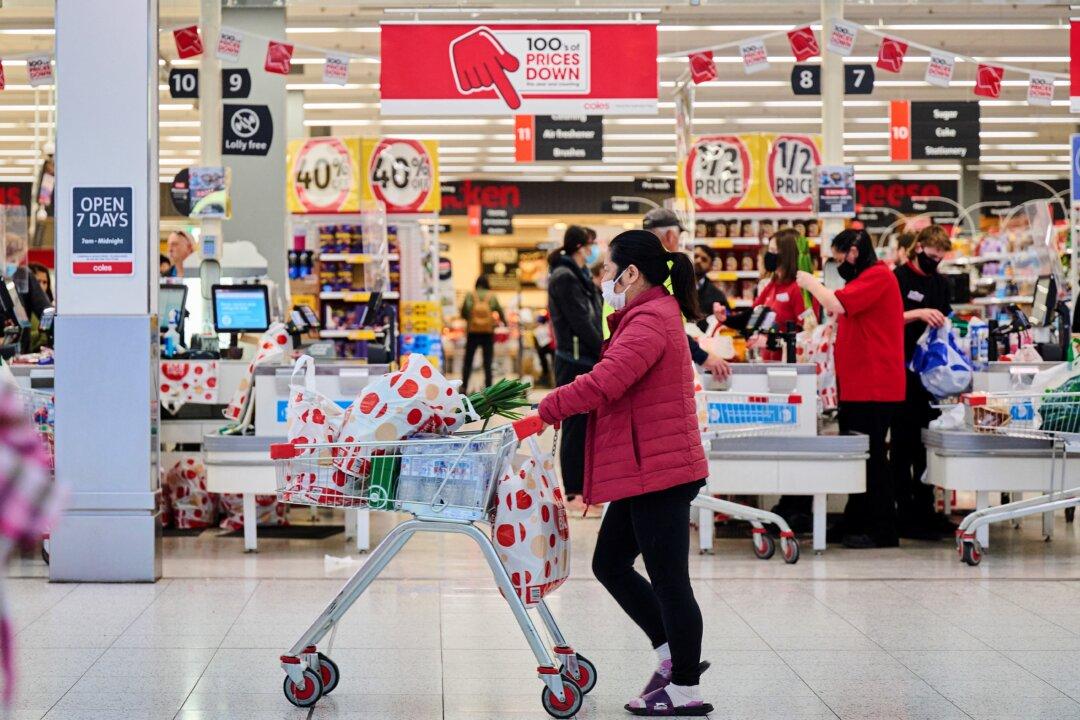As cost of living increases in the lead up to Australia’s federal elections in May Prime Minister Scott Morrison has focussed debate on the economy.
The situation comes as Opposition Leader Anthony Albanese was ranked similar to Morrison as the preferred prime minister, with Labor outpacing the Coalition 55 to 45 percent to become the preferred party in the latest Newspoll.





